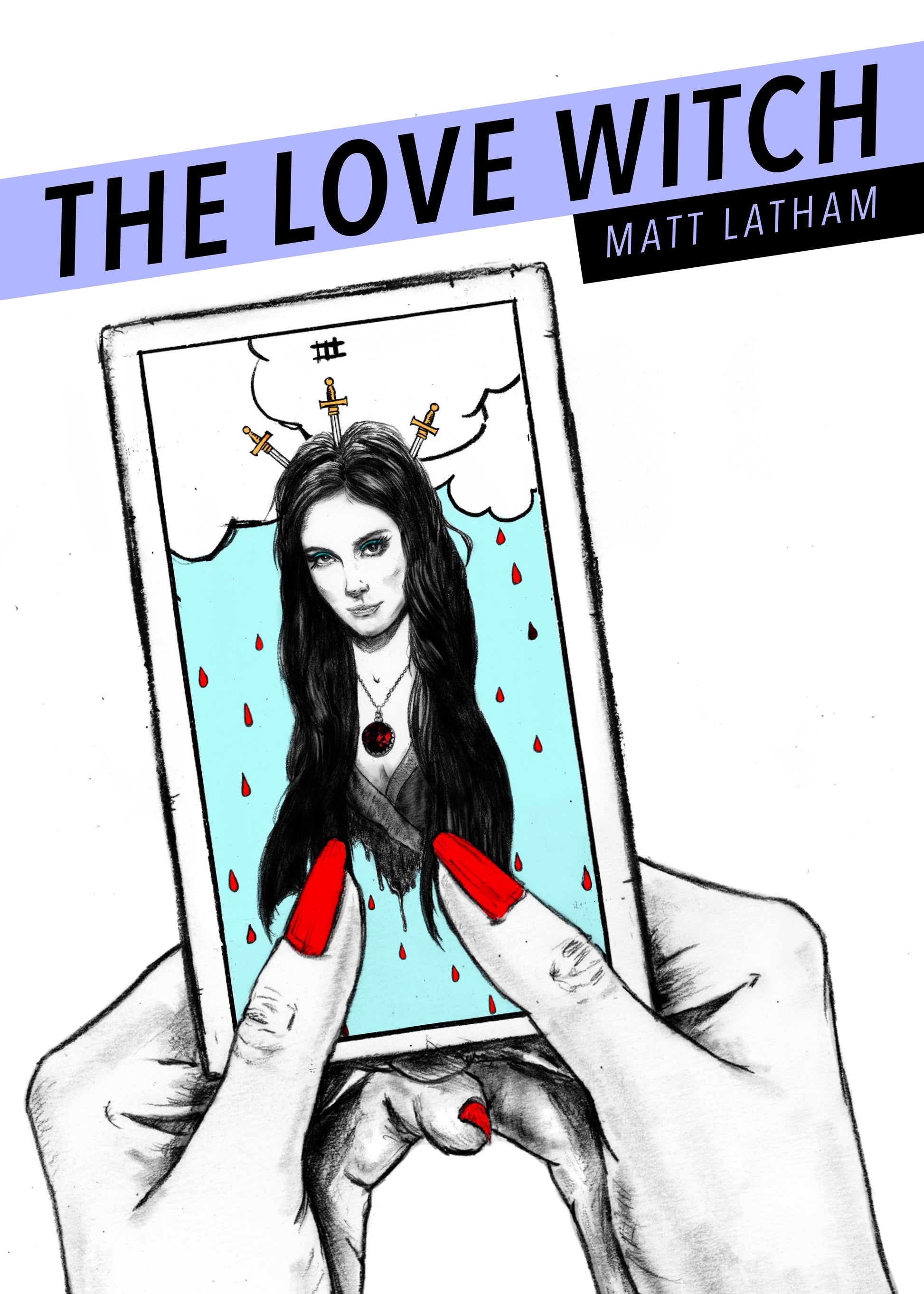The Love Witch by Matt Latham
The Love Witch by Matt Latham
Couldn't load pickup availability
In an age when studio films, straight-to-streaming releases, and television have become so homogenized as to be indistinguishable from one another, a fiercely independent filmmaker named Anna Biller reached back to classic techniques and thematic concerns to create an instant classic. With The Love Witch, Biller made a radical statement about how far off the path modern filmmaking approaches have taken contemporary cinema. In showing us what we've lost, Biller shows us what is still to be gained.
When filmmaker Matt Latham saw The Love Witch, he fell in love with Biller's style, approach, and story sensibilities. His fascination with the film bordered on obsession, which he now unpacks and analyzes in this exploration of how the film's distinct style reinforces its deceptively complex themes. Love and seduction have never been more horrifying—or so rewarding.
Ebook formats
Ebook formats
Ebooks are available in EPUB and PDF formats.
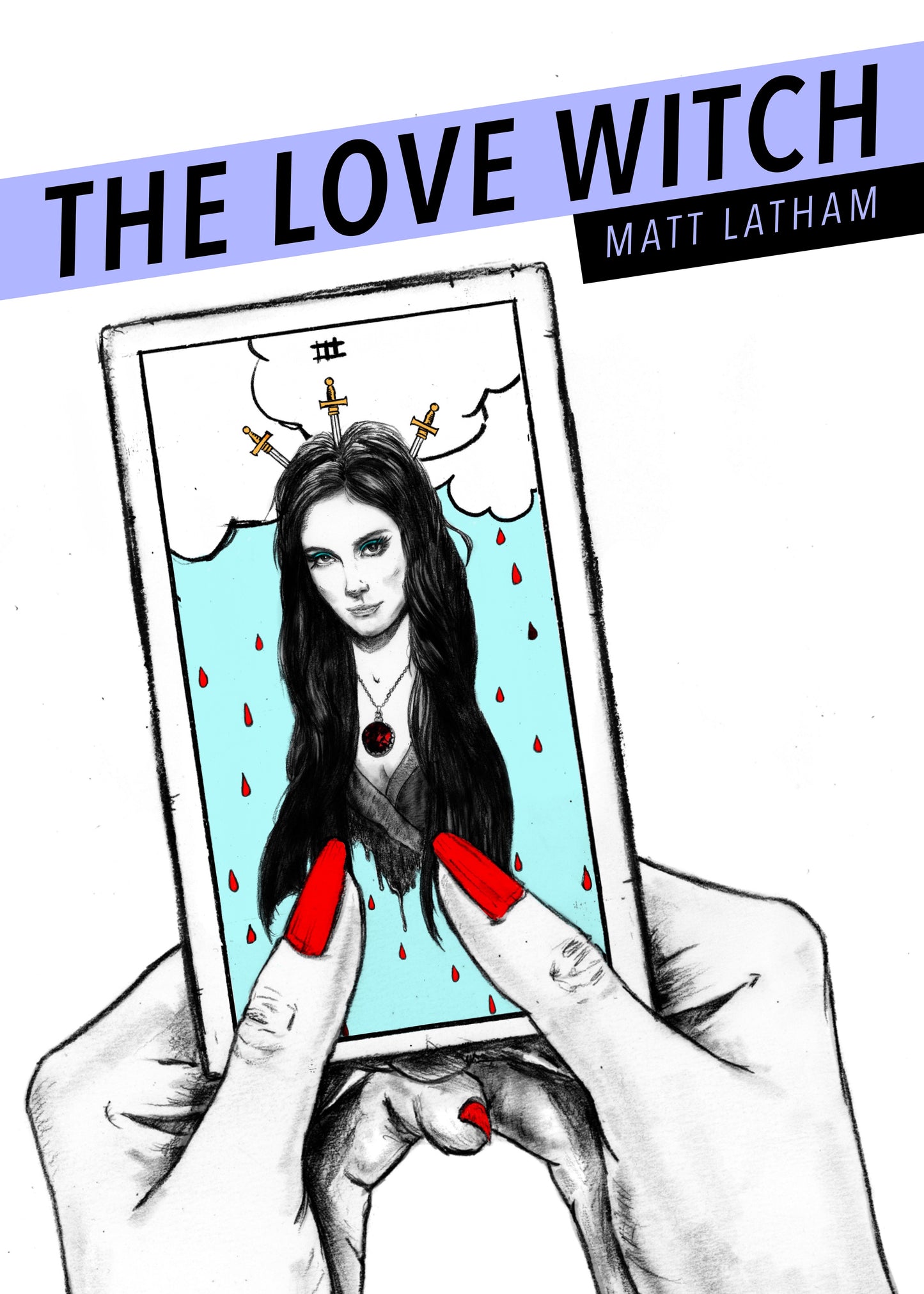
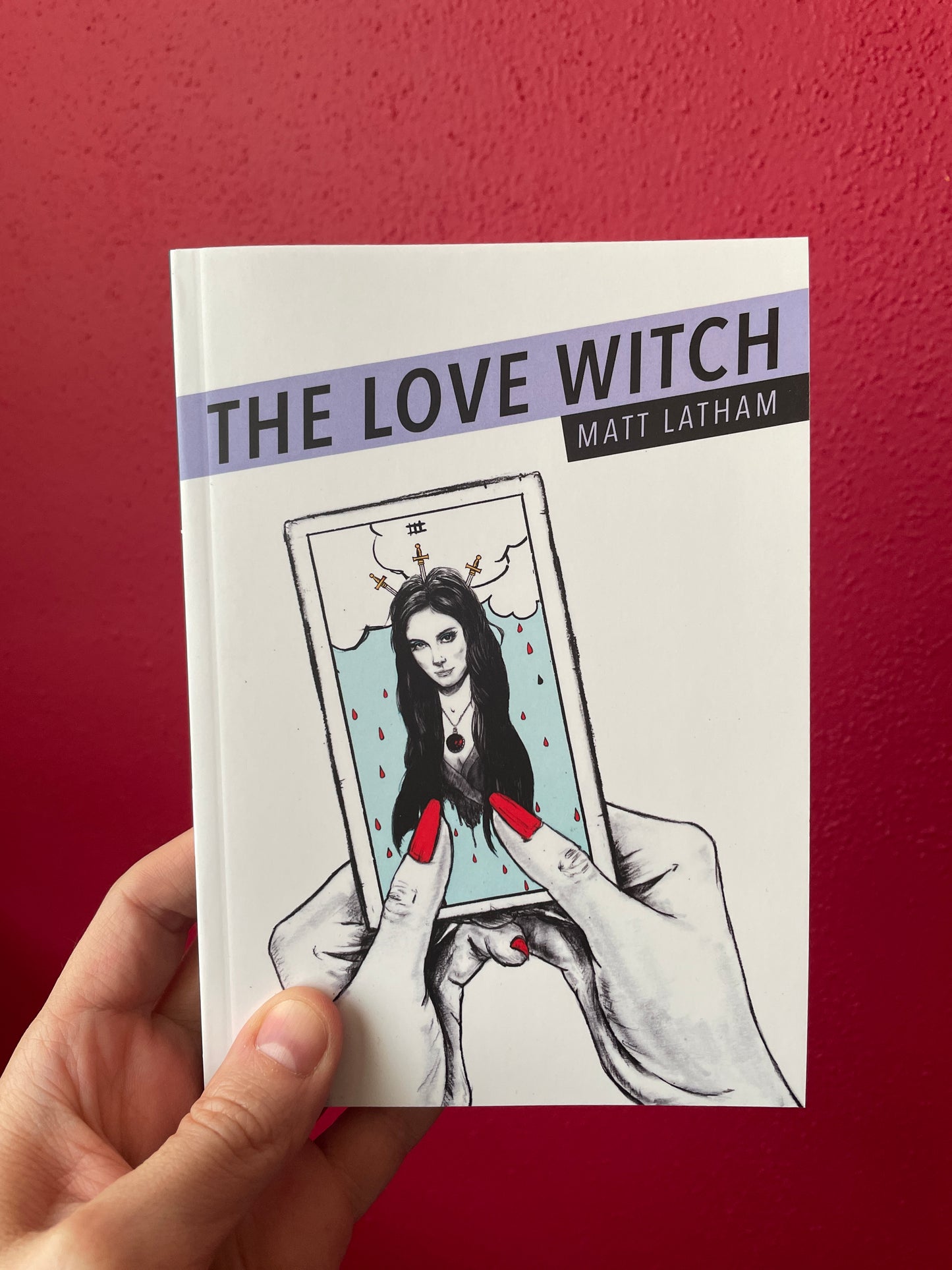
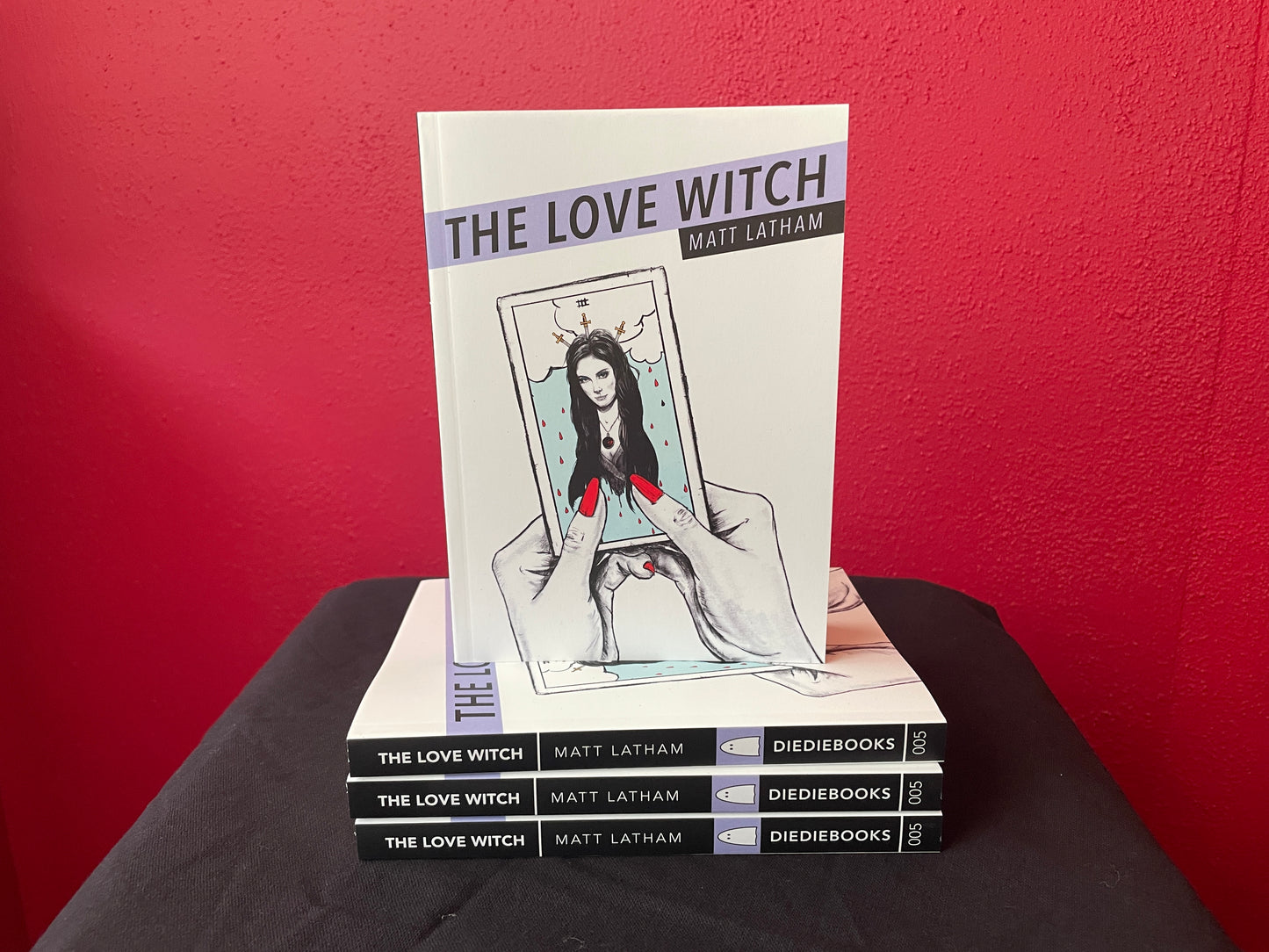
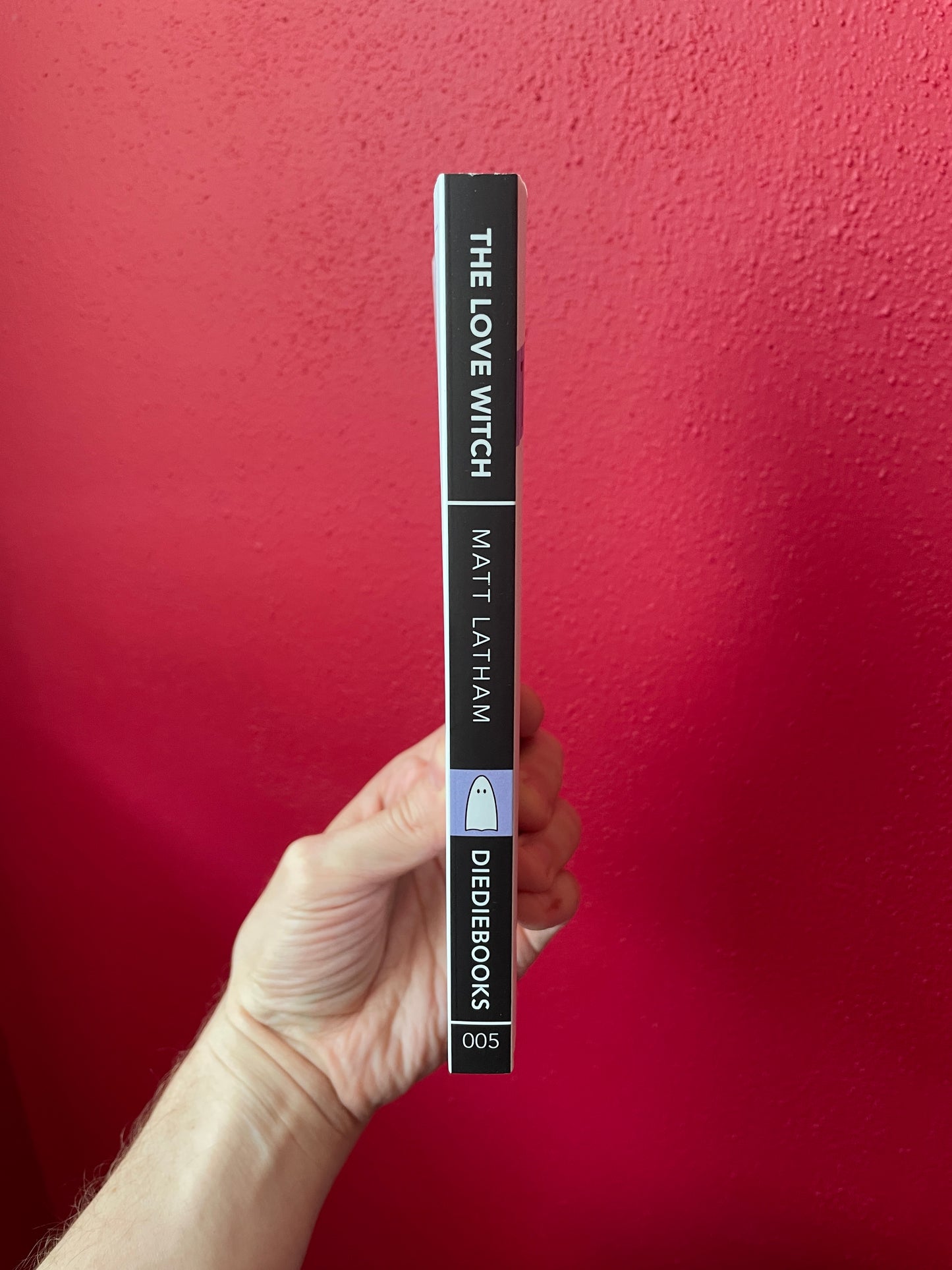
EXCERPT FROM THE LOVE WITCH BY MATT LATHAM
The Horror of The Love Witch
Click here to read an excerpt of the chapter
“Men fear the witch because she is never a passive object of desire. She hunts for what she wants, and takes it.”
– Anna Biller
Much of the horror in The Love Witch comes from teasing out a genuine sense of existential horror that men feel about women—namely, that they will somehow be swallowed up into an emotional vortex and lose themselves entirely. Biller has hypothesized in several interviews that while women have the reputation of being more emotional, it may be that men are actually more emotional, so much so that they have to either disconnect from their emotions or funnel them all into the one emotion that is socially acceptable for men to express: anger. A man is not considered less of a man for expressing anger, whereas he might be considered less of a man for expressing other emotions. For men, to truly feel their emotions, Biller says, “would destroy them. And that’s what kills all the men in my movie—having to experience their own feelings.”
In this way, The Love Witch does a very “horror movie” thing by confirming a fear that men have. For Wayne, “feeling strange,” as he puts it, could be attributed in part to the potion that he has consumed. However, the active ingredient in the potion, jimsonweed, has a half-life of four hours. The next day, when the drugs are out of his system, he is left rattled by the sheer terror of his own emotions. He feels like he loves Elaine because of the way that she’s given herself to him, and becomes terrified at the thought that she might abandon him.
Is it really love? Well, Wayne doesn’t know anything about Elaine, so probably not. But it is a profound flood of emotions that shakes him to his core, leaving him a stranded, insecure soul who can’t ground himself in any identity separate from Elaine. He has become a baby, and a particularly needy one at that, which disgusts Elaine. She wanted a man to take care of her, not a man-baby to take care of.
Elaine can’t stand to be in the same room with Wayne while he’s in this state, so he is left alone in his emotional storm. The inability to handle his emotions is what ultimately blasts him into oblivion, and his body just stops working. “Elaine sees sex and love as almost a spiritual religious experience,” says Biller. “Wayne captures some of that feeling of sex as a religious experience, which he’s never experienced before. He’s captured that from her, and this is what completely destroys him.”
Love is a terrifying prospect in and of itself. It requires more vulnerability than anything else. The best and worst things about you will be known, and rejection and abandonment are always possibilities. Although Wayne has been with many women, he has never been in love because he’s never opened himself up to being that vulnerable. He is guarded and cool as a defense mechanism because a part of him is scared that love might destroy him. Women might wonder why men aren’t as giving of love as they might want, but for us men, it’s a very practical self-preservation instinct.
Elaine, in concocting this situation, has made an unnatural beast out of Wayne—turning him into a man who feels the totality of his emotions—“just like a woman,” as Elaine says. He becomes a freak of nature that cannot exist in this world.
In her heart, Elaine did not love Wayne. She probably even hated him, and this unconscious hatred guided her to ignore him while he was screaming for her. “[Wayne] knows on some internal level that he’s been discarded,” says Biller, “which is why he’s going insane, because he’s so smitten with her. He can’t handle it. But she’s genuinely sad when he dies, [like] a child who’s broken their toy.”
Heterosexual men have always been terrified of women because we can’t control the fact that we are attracted to them, and this fear is most obviously represented in the forms of the witch, the siren, and the succubus. “Part of Elaine’s (and all women’s) unlawfulness is being born female, and this is what makes her a witch,” says Biller. “Women are blamed for men’s urges and thought to cause them through a kind of sorcery, and women become poison containers into which men discard and disavow their lusts.”

Matt Latham was a kid who loved movies deeply. He grew up to work as a film editor in Los Angeles. After seeing a bit too much of how the sausage is made, he started to fall out of love with movies. He is now just a man who is trying to fall back into deep love with movies again.

